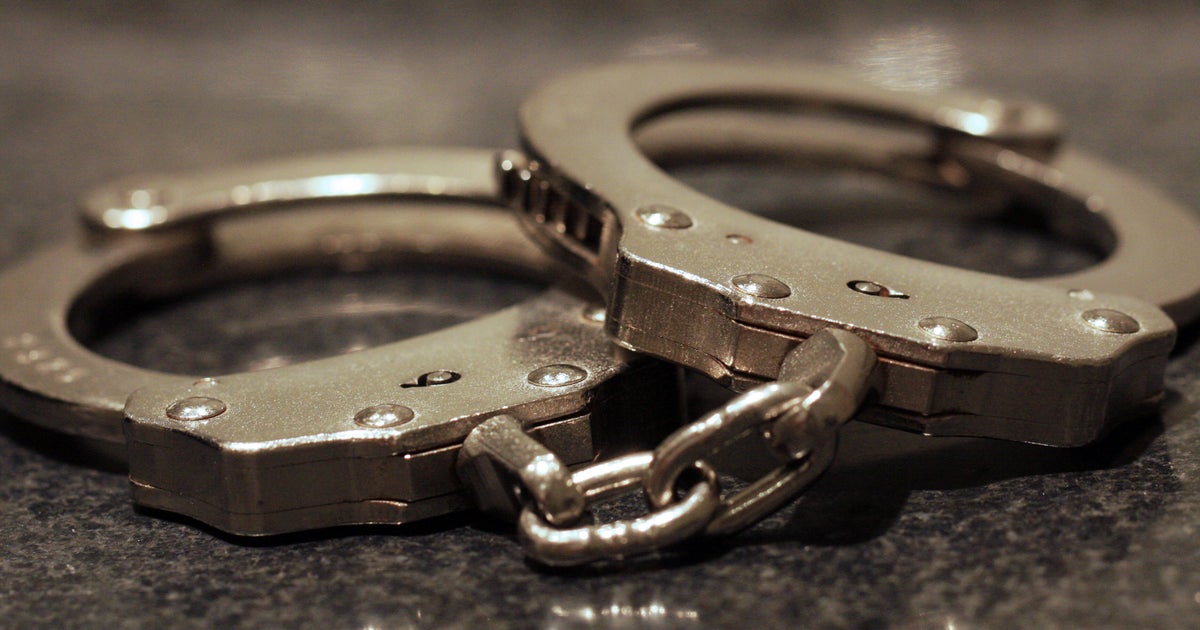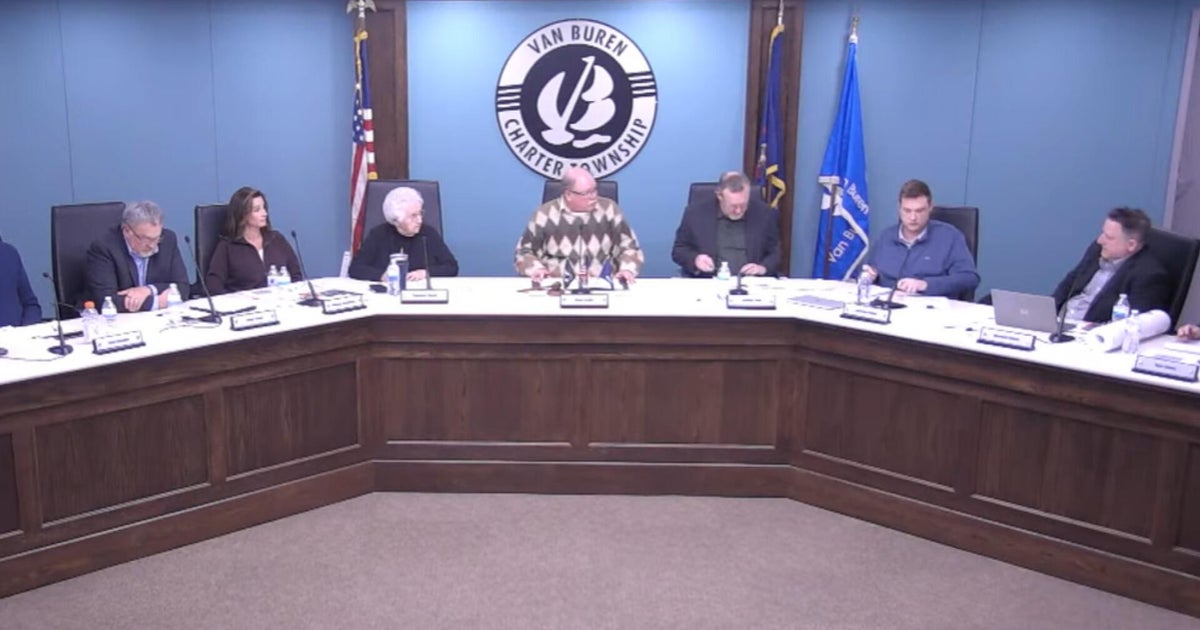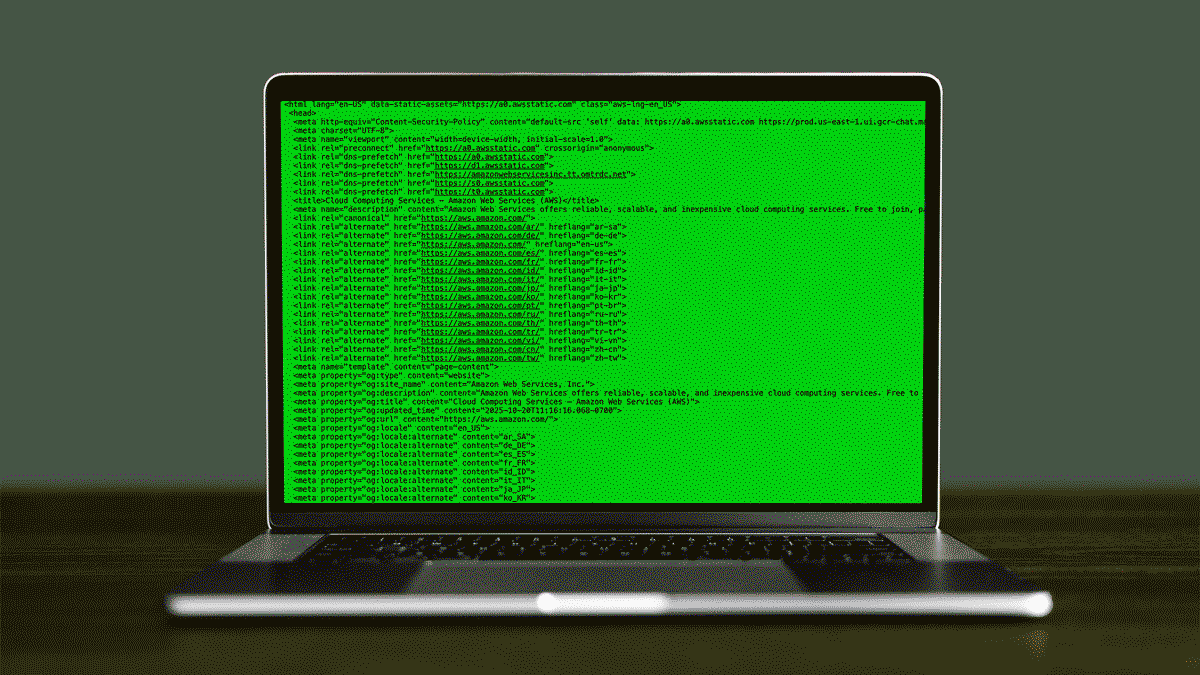NYC considers a minimum wage for Uber, ride-hail drivers
New York City's taxi regulatory body is considering setting a wage floor for ride-hail drivers on platforms like Uber, Lyft, Juno and Via that would be equivalent to the city's upcoming $15 minimum wage. If it succeeds, it would be the first such attempt in the country.
The vast majority of drivers on these apps net less than $15 an hour, according to a report commissioned by the city's Taxi and Limousine Commission that was released Monday. About 40 percent of drivers for the ride-hail apps earn so little they qualify for Medicaid in New York state, and 1 in 5 qualify for food stamps, the report found. That's worrisome considering the large number of people who drive for a ride-hail app.
"App-based drivers work more hours annually than all the workers in New York City's major industries, including banking, publishing and hotels. Uber is the largest employer in New York City, larger than JP Morgan Chase," said James Parrott, a co-author of the report and Fiscal Policy Director of the Center for New York City Affairs at The New School.
Uber, which is valued at $62 billion, maintains that its drivers are independent contractors, a position it shares with Lyft and other ride-hail apps.
Boosting these drivers' pay, according to the report, could be done relatively easily. If each driver spent an additional two and a half minutes per hour with a paying fare, that would cover half of the necessary increase to a $15-an-hour equivalent, the study found. Average wait time would go up by just 12 to 18 seconds, it said.
"You might think that an industry that's growing so rapidly, in which drivers use a very big piece of capital equipment , would actually pay their workers quite well. That's not the case," Parrot said on a conference call with reporters. "The drivers are forced to spend much of their time cruising the city streets looking for passengers."
The rest of the increase could be made up by increasing fares, decreasing the commission the ride-hailing app takes or decreasing the number of drivers on the road, the study found.
"We can't determine which of those the companies would choose. We can just point out that their commissions are quite high and they could easily absorb the increase in remaining cost through a decrease in commissions," said Michael Reich, the other co-author and a co-chair of the Center on Wage and Employment Dynamics at the University of California-Berkeley.
New York City's minimum wage will increase to $15 an hour at the end of this year. The study calculated the equivalent for ride-hail drivers' to be $17.22 per hour since they are not eligible for the paid time off that regular employees are. Currently, fewer than 85 percent of drivers earn less than this amount, the study said.
Via had the highest-earning drivers in the report, with the median driver earning $20.99 per hour. The company celebrated this finding in a statement, saying: "At Via we have always believed that our driver partners deserve fair earnings, which is why we are the only company in New York to offer drivers an hourly guarantee earnings model and the lowest commission in the industry."
Uber criticized some of the report's assumptions and said the changes it recommenda would have unintended consequences, such as encouraging drivers to accept fewer rides.
"We share the goal that all full-time taxi and Uber drivers in NYC should earn a living wage, but the report's proposals would get there by shrinking the transportation pie; hurting riders through substantially increased prices and reduced service; and severely limiting the amount of time existing drivers can access the [Uber] platform," the company said in a statement.
The New York Taxi Workers Alliance, a group representing drivers, criticized the proposal because it doesn't connect drivers' earnings to rider fares, which would allow drivers' income to rise along with company revenues. "[E]ven if Uber and Lyft turn a profit and charge higher fares to passengers, drivers won't reap any of the benefits," the group said in a statement.
The proposal would be the first in the country to regulate the earnings of ride-hail drivers.



